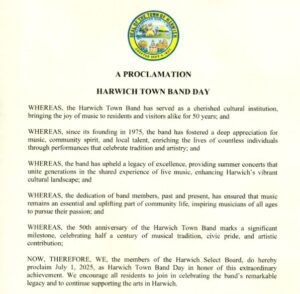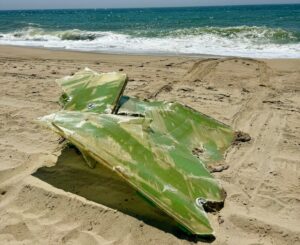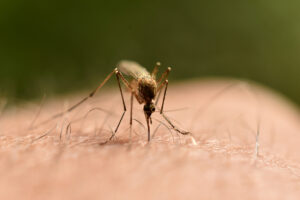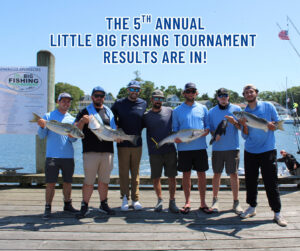This year, we’ve heard more about what should be done when it comes to the seals and sharks that frequent the Cape beaches than in any year I can remember.
That chatter has only grown since the August 15 shark attack, followed by the fatal attack on September 15, which claimed the life of a 26-year-old man.
These incidents are, without a doubt, incredibly tragic and have only spurred the debate further as to what should be done. That begs the question, what really can be done?
Many think eliminating seals would cause the sharks to move away from the Cape in search of other food sources. Others think the seals are fine and we should focus on eliminating the sharks themselves. Beyond that, there is a group of people who believe nothing should be done.
In late September in Wellfleet, a shark forum was held to continue the conversation, discuss options, and to hear the concerns of the residents. During that conversation, residents called for the use of drones, for better cellular communications, and for training for anyone interested in learning how to stop a massive-bleeding incident.
Will any of these proposed ideas actually prevent another incident? How much would each of these ideas cost?
Before we look at that question, let’s look at how rare a fatal shark attack truly is.
Since 1900, there have been a total of seven unprovoked attacks in Massachusetts. Of those seven, three have been fatal. Three.
Is it possible that we are blowing these concerns out of proportion?
After all, three deaths over a 118-year span mean that you’re likely to hear about two deaths from a shark in your lifetime. Don’t get me wrong – any death is tragic and actions should be taken within reason to avoid anyone from becoming a victim of a shark attack. However, there are far more pressing issues like heroin and opioids floating around the Cape that causes significantly more life loss.
Getting back to the potential solutions:
Could cellular communications be improved in those areas regardless of sharks? Yes. Would they prevent an incident? Possibly.
Should we use drones during peak times of the season? Maybe. Would they prevent a possible incident? Again, it’s possible.
There are no guarantees with any of these potential solutions.
One thing is certain from my perspective: Humans should not slaughter seals and sharks to make the areas “safe.” We, as humans, have already done such incredible damage to the environment and frequently place blame on animals for our problems. As an example, many blame the seals for the current state of the fishing industry, but climate change and over fishing also are major factors that are very rarely discussed. (I’m not saying seals aren’t a contributing factor, merely pointing out they aren’t the only factor.)
For now, if you’re going into the water anywhere off the Cape, you need to know that a shark could be hunting in the area. We’ve heard of a great white in the canal, in Barnstable Harbor and other locations.
The reality is, the best way to avoid a shark is to follow the article we posted a few years back on how to elude great white sharks.
You should also do your homework. Listen to and read the local news. Know what to do and what not to do when you go in the water. Situational awareness could save your life.
By Brian Barth

























